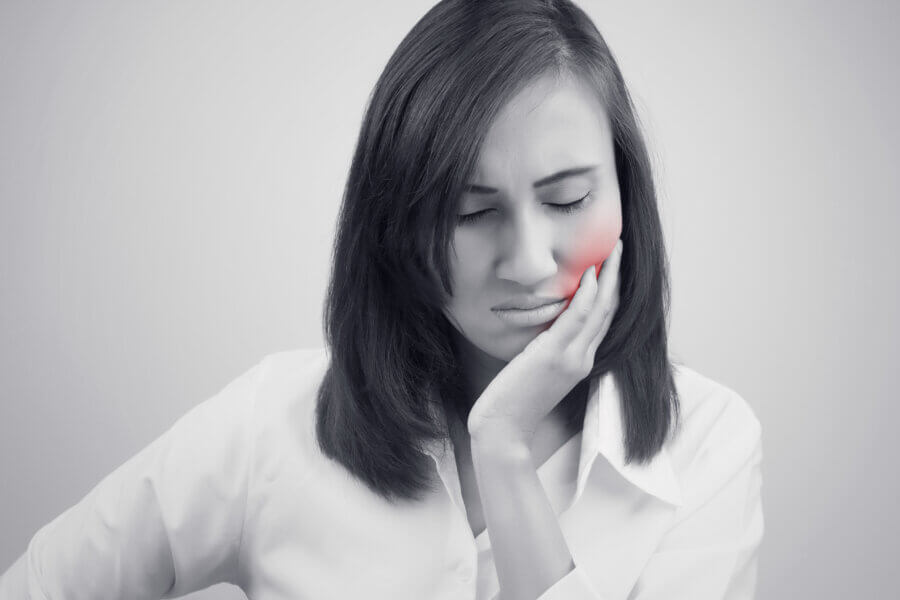
Signs You’re Developing Periodontal Disease
Signs of Periodontal Disease
Periodontal disease is an advanced form of gum disease that can cause serious gum recession and bone loss to the point where the teeth can become loose. Thankfully, the periodontal disease is treatable by a periodontist. If caught early on, the damage caused can be reversed with timely dental care. These are the signs to be on the lookout for:
- Bright Red Gums
- Gums that Bleed Easily
- Chronic Bad Breath
- Sudden Tooth Sensitivity
- Gum Recession
- Pain While Chewing
- Sensitivity to Hot and Cold Foods and Drinks
- Pus or Gum Infections
- Loose Teeth
How Periodontal Disease Develops
Periodontal disease starts as gingivitis. It starts with gum inflammation caused by a failure to remove the food particles in your mouth after eating or drinking anything but water. The food particles mix with saliva to form a sticky substance called plaque. The bacteria in your mouth feed off the plaque and multiply. Chronic high levels of bacteria in your mouth can lead to inflammation of your gums, which is the first sign of gum disease.
If you don’t get regular checkups by a dentist, the gum inflammation can lead to red and swollen gums that bleed easily when brushing or flossing. This is often referred to as gingivitis, which is the first stage of gum disease. It’s important to understand that increasing your brushing and flossing routine won’t heal gingivitis. Instead, it must be treated by a professional.
When gingivitis is left untreated, it causes gum recession and deep pockets between the teeth and gums. This is known as periodontal disease and if it isn’t treated in a timely manner, it can lead to bone loss, loose teeth, and the need for tooth extractions.
Risk Factors for Periodontal Disease
The most common cause of periodontal disease is a failure to remove all the plaque and food particles from your teeth at regular intervals. Another common cause is not getting your teeth professional cleaned twice a year. Additional risk factors for developing periodontal disease include:
- A Family History of Periodontal Disease
- Having Untreated Gingivitis
- Using Tobacco Products
- Having Substance Use Disorder
- Poor Nutritional Habits
- Being Overweight
- Having Diabetes and/or High Blood Pressure
- Having Persistent Dry Mouth
- Having a Condition that Affects your Immune System
Treatment for Periodontal Disease
Treatment for advanced periodontal disease often begins with an oral examination and surgical cleaning. During this step, your periodontist will remove all the infection from the gums and jaw bone. If significant tissue and bone loss have occurred, it may be necessary to perform tissue and bone grafting. Restoring the health and appearance of your gums and the structure and durability of your jaw so that it can adequately support your teeth is important.
Once the initial treatment has been completed, periodontal maintenance is the next step. Scheduling regular deep cleanings to remove any new buildup on the teeth and below the gum line is crucial for your oral health. If you’ve lost any teeth due to the periodontal disease, you may eventually be a candidate for dental implants once your gums and jaw have healed.
Gum Disease Treatment with Our Dentist at Vero Implants & Periodontics
If you have gum disease, including periodontal disease, our periodontist in Vero Beach can help restore your oral health. Our services include bone and tissue grafting, guided tissue and bone regeneration, surgical cleanings, tooth extractions, and dental implants.
To learn more about our periodontal services and to schedule an appointment, contact us at 772-569-9700.